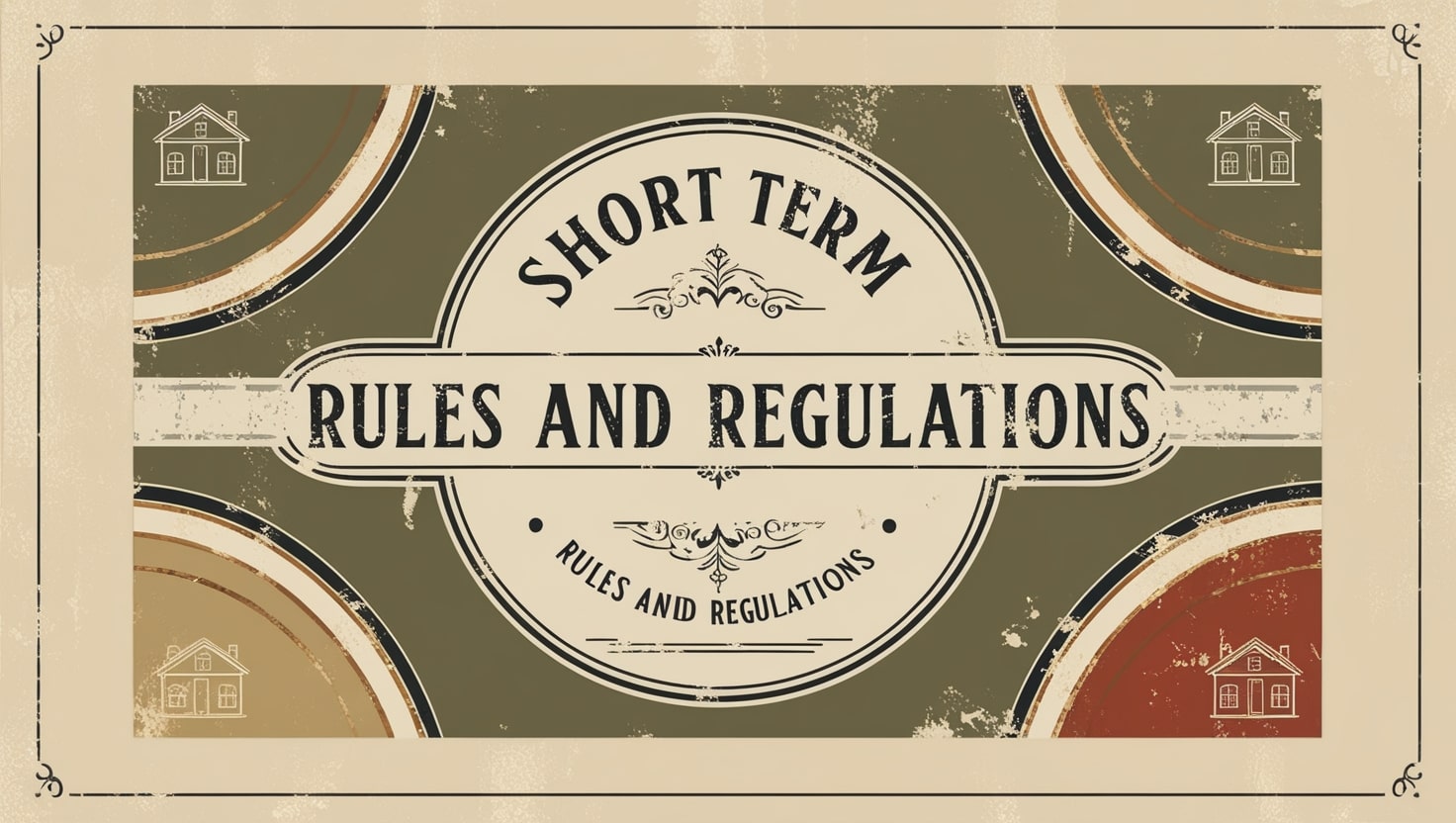San Jose, United States Airbnb Rules & Regulations
Last updated on: 4th July, 2025


Last updated on: 4th July, 2025

Airbnb Regulations in San Jose: A Comprehensive Overview
San Jose, known as the capital of Silicon Valley, has specific regulations governing short-term rentals, particularly those listed on platforms like Airbnb. These rules were established to balance the interests of hosts, guests, and local communities while addressing concerns related to housing and neighborhood impacts. Here’s a distilled overview of the key regulations:
Types of Permissible Properties: Airbnb rentals are allowed in single-family homes, two-family homes, multi-family dwellings, mobile homes, live/work units, and guest houses. However, accessory dwelling units are not permitted for short-term rentals.
Hosting Limitations: Hosts can rent their properties throughout the year, provided they are present. If the host is absent, rentals are capped at 180 days per year. Maximum guest occupancy varies: when the host is present, a single-family or mobile home can accommodate up to three guests; when absent, limits are stricter, with a maximum of two guests in studio units, three in one-bedroom units, and no more than ten guests overall.
Business Licensing and Taxation: Hosts are required to obtain a business license before commencing rentals. They are also responsible for ensuring compliance with the transient occupancy tax, which San Jose assesses at 10%. Airbnb collects and remits this tax on behalf of hosts.
Recordkeeping and Compliance: Hosts must maintain records of their rentals for three years and provide documentation upon request from city officials.
Notification Obligations: When the host is not present, they must provide written notice to neighboring properties, including contact information for someone local who can address complaints during the rental period.
Community Regulations: Hosts must also adhere to any regulations set forth by leases, homeowners’ associations (HOAs), or tenant agreements that may impose additional restrictions.
Additional Costs: The Santa Clara County imposes an additional transient occupancy tax of 8% on Airbnb rentals, although the California state government does not impose further regulations or taxes.
As tourism begins its recovery post-COVID-19, understanding these regulations is crucial for anyone considering entering the short-term rental market in San Jose and navigating the associated opportunities and challenges with Airbnb rental arbitrage.